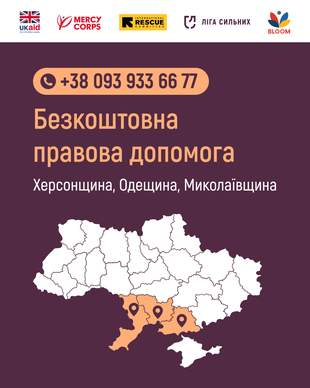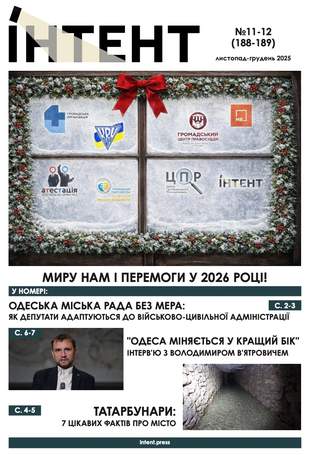Меню
Соціальні мережі
Розділи
Sept. 10, 2024, 6:57 p.m.
Kherson resident who agitated citizens to vote in favor of the aggressor country is detained
This article also available in English136

Photo: Kherson Regional Prosecutor's Office
A resident of Kherson was served a notice of suspicion for participating in the organization of a pseudo-referendum
This was reported by the press service of the Kherson Regional Prosecutor's Office.
The post states that under the procedural guidance of the Kherson Regional Prosecutor's Office, a local resident was served a notice of suspicion of collaboration (Part 5 of Article 111-1 of the Criminal Code of Ukraine).
According to the investigation, in September 2022, the suspect participated in the work of the so-called "election commission" in Kherson. It was created by the occupation authorities to hold a pseudo-referendum on secession from Ukraine and accession of the temporarily occupied territory of Kherson region to Russia. As a member of the illegally created commission, the suspect went to the homes of residents of the regional center, urged them to vote in favor of the aggressor country and issued "ballots".
The pre-trial investigation is being conducted by the SBU Office in Kherson region.
Earlier it was reported that the SBU in Kherson region exposed a collaborator who helped to conduct a fake referendum of the Russian Federation in the south of Ukraine. After the seizure of Beryslav district, the woman got a job in the occupation "election committee" that the racists equipped on the territory of the community. There, she worked with "ballots" and, accompanied by Russian military, went around the yards to collect "votes". In case of refusal to sign in support of the Kremlin, she was threatened with persecution by the occupiers. After the liberation of the right bank of the region, the collaborator fled to the Khmelnytsky region, where she hid from justice under the guise of an IDP.
Two women will also be tried for participating in the organization and holding of a pseudo-referendum in Muzykivka. The women, accompanied by armed Russian soldiers, went to the homes of local residents, urging them to participate in the "vote". They kept records of those who "cast their votes," issued ballots, and monitored their completion and placement in the ballot box.









